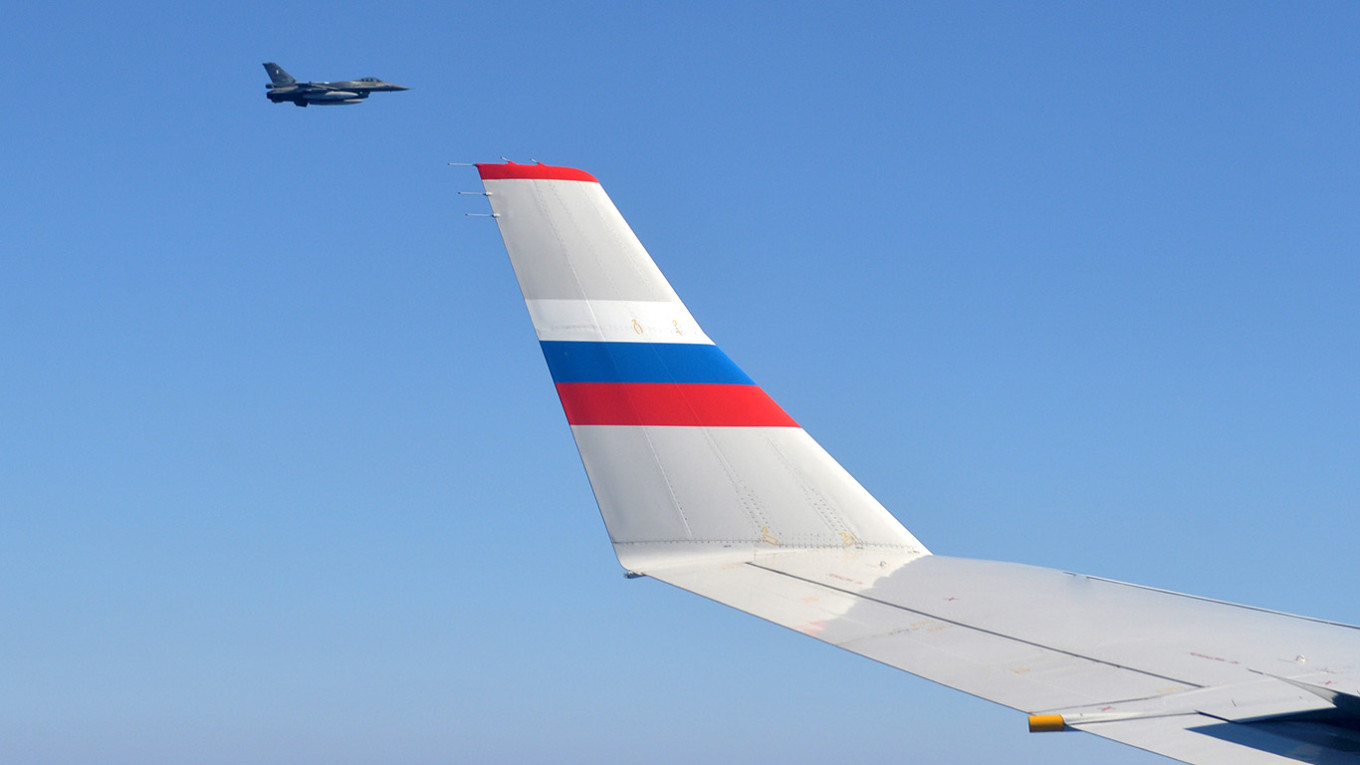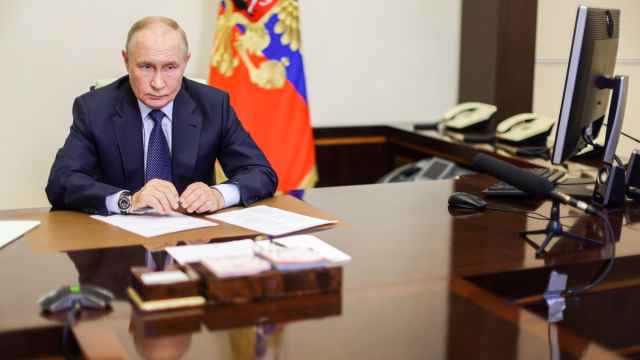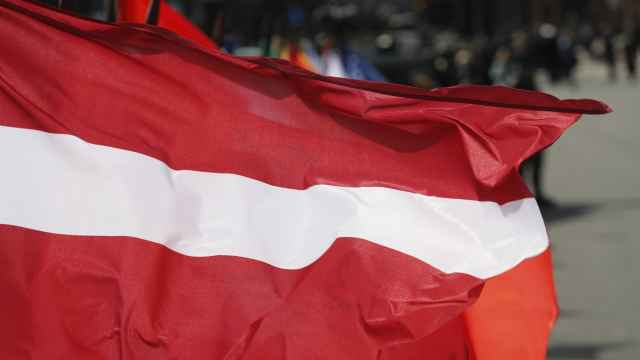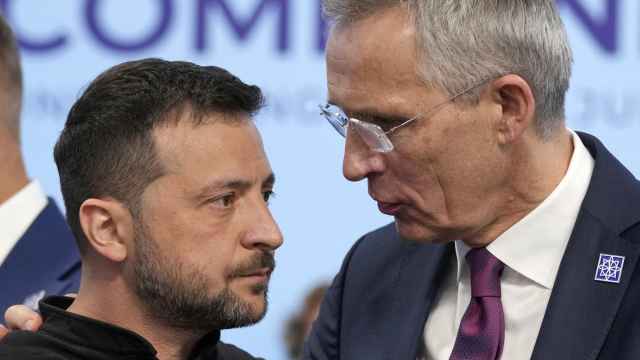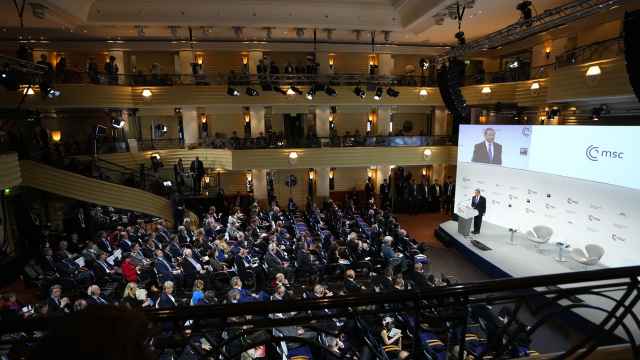In 2007, President Vladimir Putin stood before the Munich Security Conference and stated clearly that Russia considers itself at war with the West. This speech, often dismissed at the time as mere rhetoric, now reads as a manifesto for the Kremlin’s imperialist and antagonistic foreign policy.
Today, Russia wages a brutal war of aggression in Ukraine, seeking to subjugate its neighbor and crush its sovereignty. At the same time, Moscow is waging a parallel campaign to divide the transatlantic alliance and deter it from supporting Kyiv’s fight for freedom.
Russia’s campaign against the West blends overt military aggression with covert operations to destabilize its adversaries. Despite mounting evidence of these hostile actions, the West remains hesitant to fully confront the breadth and intent of the Kremlin’s aggression. Instead, it is stuck in a cycle of reactive policies. It is time to face the uncomfortable truth that Russia considers itself at war with NATO, and its actions demand a resolute and united response.
The Helsinki Commission’s recent report, Spotlight on the Shadow War: Inside Russia's Attacks on NATO Territory, maps nearly 150 active measures carried out by Russia on NATO soil — ranging from sabotage of critical infrastructure to weaponized disinformation to election interference. It illustrates that Moscow’s actions are more than a series of isolated provocations. These attacks, while often dismissed as “below the threshold of war,” collectively amount to a systematic campaign designed to weaken NATO’s unity, resolve, and capacity to act.
Last month, Finland and Estonia reported damage to undersea communication cables, likely caused by Russian sabotage. In response, Helsinki seized a Russian-flagged ship suspected of involvement in the attack. This decisive response that sets an example for how NATO should treat these incursions: as acts of war demanding a resolute and coordinated response.
The Kremlin understands that the nature of warfare has evolved beyond conventional methods. Modern conflicts are not only waged with tanks and missiles. They also unfold in the shadows, targeting infrastructure, public trust and the democratic fabric of societies.
The West, however, has been slow to adapt. By clinging to outdated concepts of what war looks like, the United States and NATO risk falling further behind in Moscow’s multi-domain, multi-theater war.
The military strategist Carl von Clausewitz wrote that “war is merely the continuation of policy by other means.” This captures Russia’s strategy: a deliberate and sustained campaign that blurs the very definition of warfare. Russia treats war not as a singular event but as an ongoing process of political and military maneuvers, using tactics like sabotage, cyberattacks, and disinformation to achieve its objectives without triggering a full-scale response. These actions are calculated to exploit the West’s tendency toward hesitation, creating a cycle of aggression that goes largely unchecked.
The widespread characterization of attacks as “hybrid warfare” is misleading and diminishes the severity of Russia’s actions. While it describes the multi-dimensional nature of these attacks accurately, the term has inadvertently obscured the threat. It allows policymakers to downplay the stakes, treating Russian sabotage, cyberattacks and disinformation campaigns as nuisances rather than as direct attacks on NATO.
This semantic ambiguity has led to a troubling inertia. Labeling these acts as hybrid warfare enables governments to hide behind the ambiguity of attribution and proportionality as an excuse for inaction.
It is time to call Russia’s actions what they are: active measures, terrorist attacks and acts of war. Only by confronting the full scope of this conflict can NATO and its members devise and implement the necessary countermeasures.
With a new U.S. administration coming into office, the time for decisive action is now. The United States must lead NATO in assuming a position of strength toward Russia. This requires more than incremental, reactive measures. It demands a proactive strategy that imposes costs on Moscow for its aggression to deter further escalation.
First, NATO must improve its ability to out-innovate adversaries on the modern battlefield, ensuring it can prevail in the conflicts of today by countering active measures with enhanced attribution capabilities and strategic investments in its own arsenal of tools and capabilities.
Second, the alliance must adopt a clear doctrine to respond decisively to Russian active measures.
Finally, NATO must fully commit to ensuring Ukraine’s victory as a cornerstone of European security. The conventional war in Ukraine and Russia’s shadow war against NATO are deeply interconnected: failure to support Ukraine on the battlefield will embolden Moscow to escalate hybrid attacks — possibly pushing them closer to targeting the continent with more conventional weapons.
Finally, this moment calls for U.S. leadership to drive home the message that allowing Russia to destabilize NATO unchecked will embolden other adversaries like China, Iran and North Korea. A failure to act decisively now risks creating a precedent of Western weakness, with global implications far beyond Europe.
The West faces a choice. It can continue to downplay Russian aggression, hoping to avoid escalation while allowing Moscow to chip away at NATO’s foundations. Or it can confront the reality that Russia considers itself at war with the West — and act accordingly.
Finland’s swift response to recent Russian sabotage offers a template for NATO countries. By treating these incidents as serious breaches of national and alliance security, Finland has demonstrated the resolve that is needed across the board. The message to Moscow must be unambiguous: every attack will be met with a unified and forceful response.
It is time for the United States to rise to the challenge, recognizing that the nature of warfare has changed and that hesitant incrementalism is no longer an option. Strong American leadership is not only paramount to safeguarding our own national security and that of our allies, but to sending a clear message to Moscow — and the world — that we will not be intimidated.
A Message from The Moscow Times:
Dear readers,
We are facing unprecedented challenges. Russia's Prosecutor General's Office has designated The Moscow Times as an "undesirable" organization, criminalizing our work and putting our staff at risk of prosecution. This follows our earlier unjust labeling as a "foreign agent."
These actions are direct attempts to silence independent journalism in Russia. The authorities claim our work "discredits the decisions of the Russian leadership." We see things differently: we strive to provide accurate, unbiased reporting on Russia.
We, the journalists of The Moscow Times, refuse to be silenced. But to continue our work, we need your help.
Your support, no matter how small, makes a world of difference. If you can, please support us monthly starting from just $2. It's quick to set up, and every contribution makes a significant impact.
By supporting The Moscow Times, you're defending open, independent journalism in the face of repression. Thank you for standing with us.
Remind me later.


